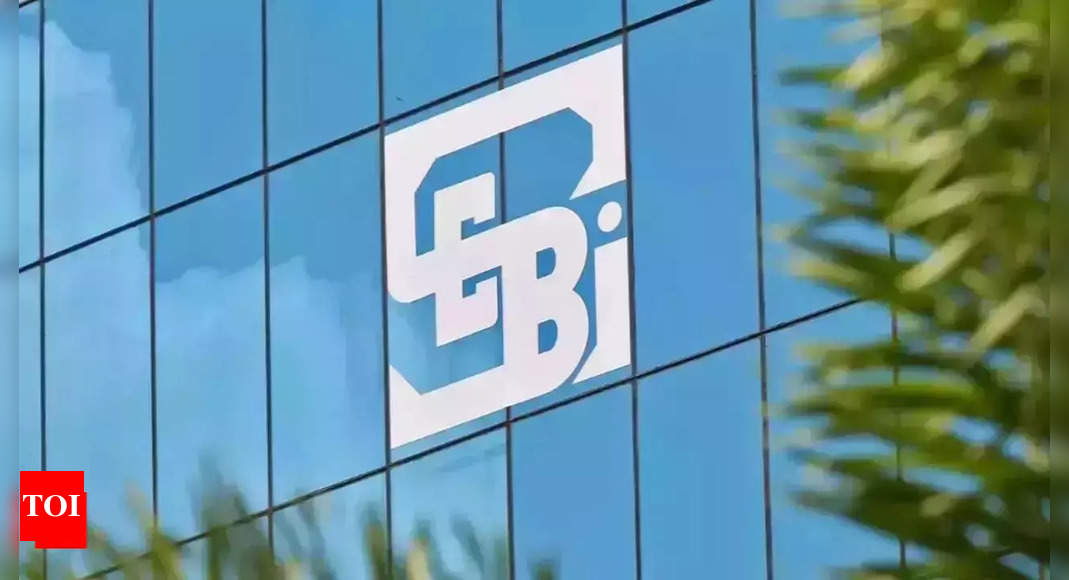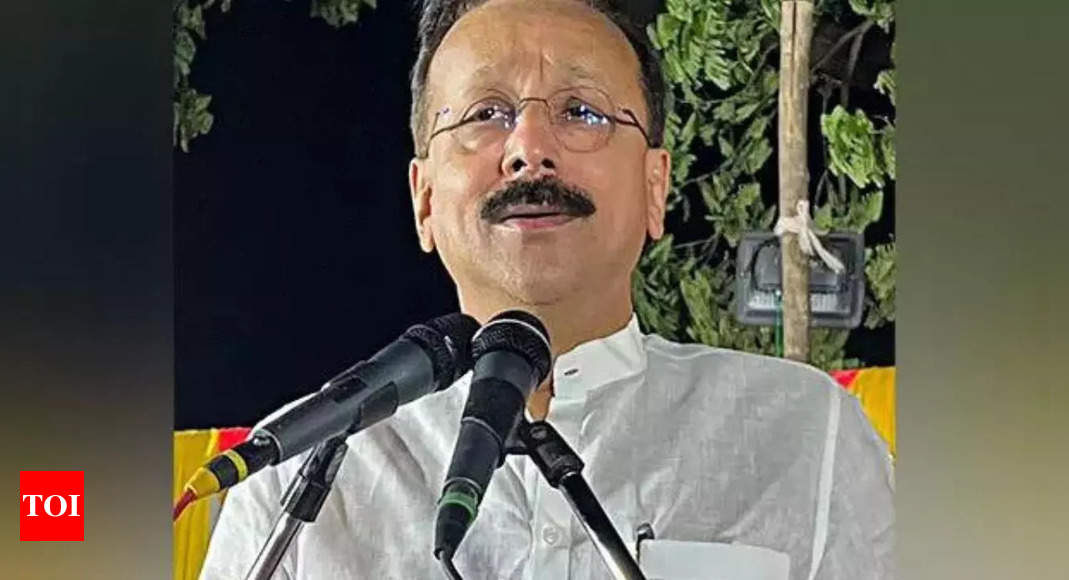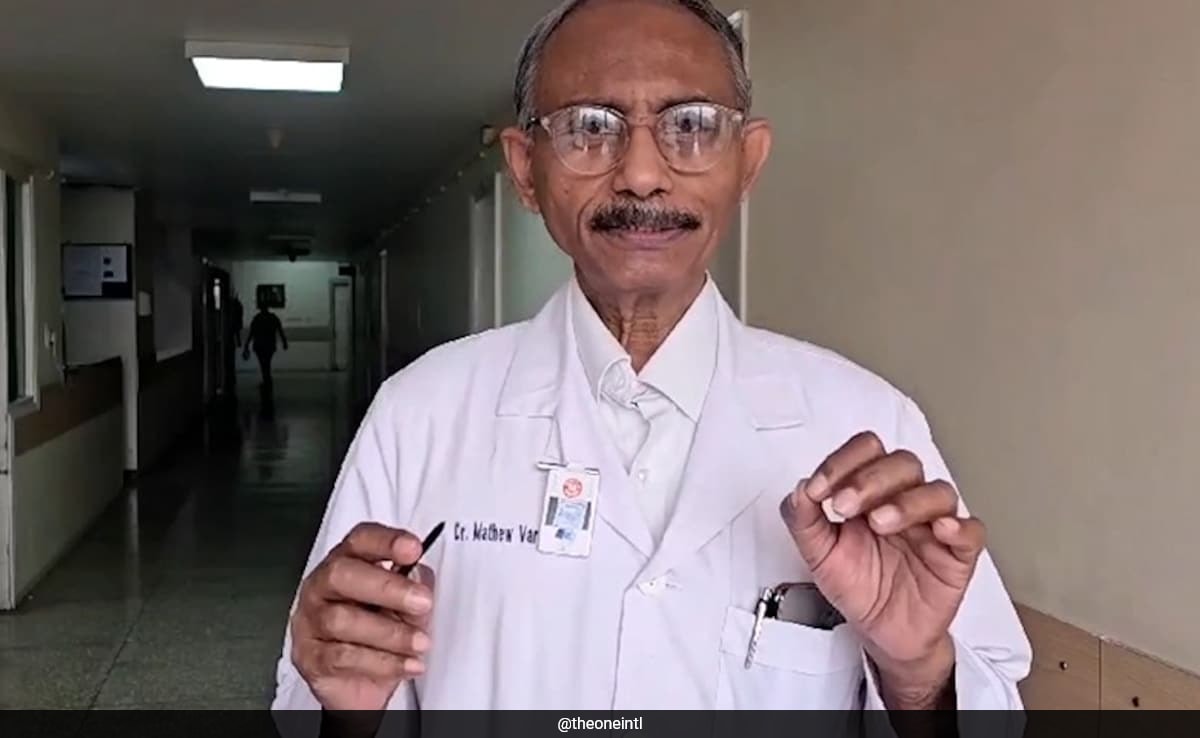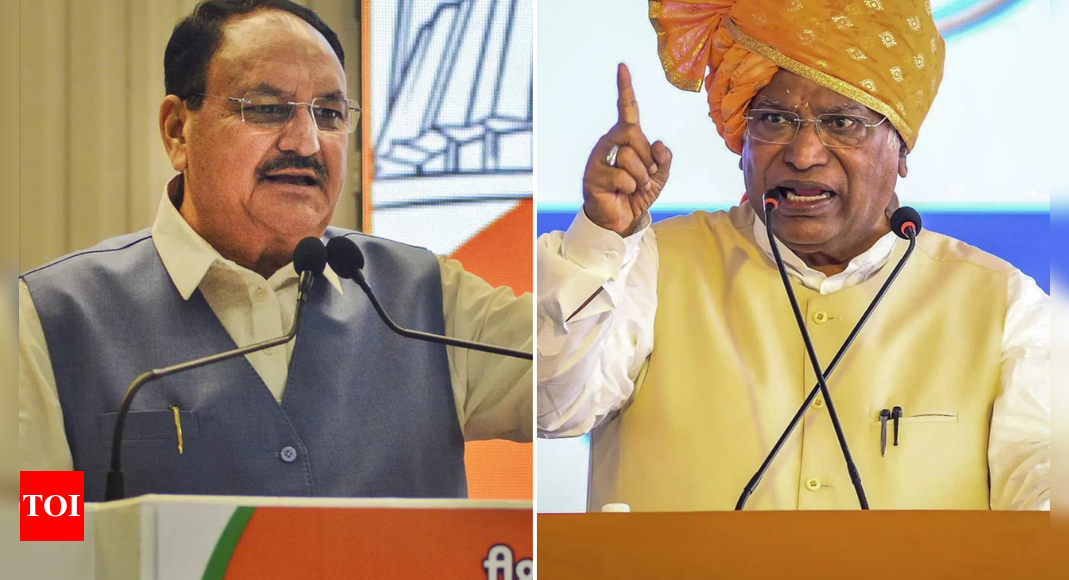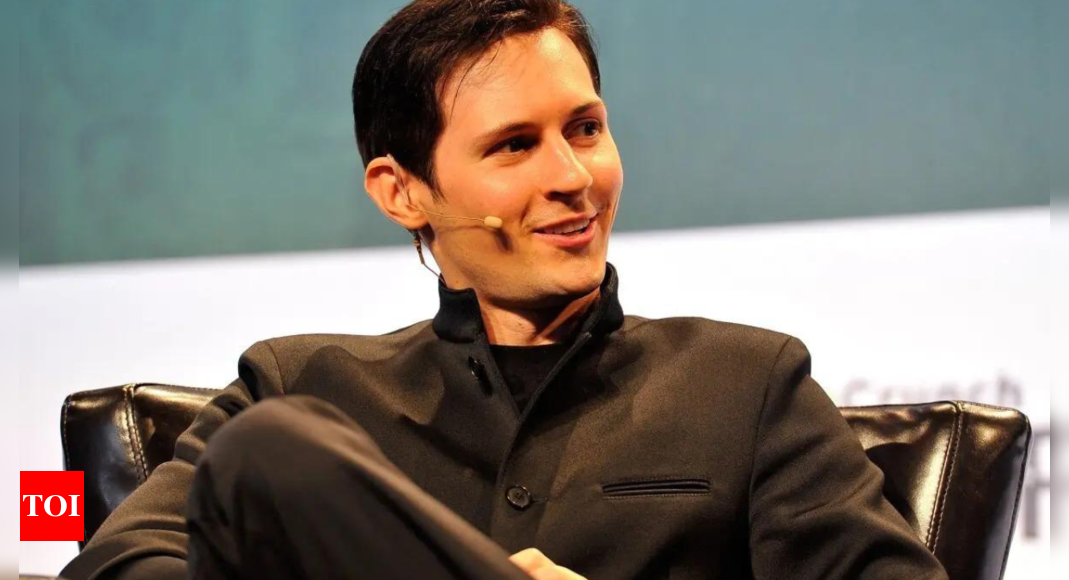
As per the Moscow Times, Durov was detained at Le Bourget Airport and is scheduled to appear in court on Sunday itself.
He could face charges that carry a maximum prison term of 20 years. The arrest has sparked significant discussion and responses within the technology sector and among well-known individuals.
Warrant and content moderation concerns
France has authorised the arrest of Durov as a part of an initial inquiry into the purported offences. The detention of the founder of Telegram has sparked further debates regarding the platform’s policies on regulating content.
Renowned for its end-to-end encryption, Telegram permits groups of up to 200,000 members, consequently raising allegations that it enables the proliferation of inaccurate information and detrimental content.
Reactions from the tech industry
The reaction from the tech industry to Durov’s arrest has been swift and vocal.
Elon Musk, the founder of SpaceX, was one of the first prominent tech figures to support the “#FreePavel” trend. He expressed concern about the arrest, seeing it as an attack on free speech and suggested wider implications for censorship. Musk highlighted the dangerous direction these actions represent and expressed increased worry about censorship.
American entrepreneur Balaji Srinivasan also criticised the French government’s actions. He suggested that the motives behind the arrest were more about control than actual crime prevention, pointing out the impracticality of holding Durov accountable for user actions on Telegram when the French government itself struggles with domestic crime.
Ethereum co-founder Vitalik Buterin voiced apprehensions, noting that while he has previously criticised Telegram’s encryption policies, the arrest of Durov raises troubling implications for communication freedom in Europe.
Paul Graham, a noted computer scientist and writer, weighed in on the issue, discussing how Durov’s arrest could impact France’s reputation as a hub for startups. He highlighted the potential negative ramifications for the country’s business environment.
Other International reactions
Edward Snowden, former NSA intelligence contractor and whistleblower, condemned the arrest on social media. Expressing his dismay on X (formerly Twitter), Snowden stated, “an assault on the basic human rights of speech and association,” adding that it tarnishes France’s global reputation.
According to the Moscow Times, Tucker Carlson, the former Fox News host who interviewed Durov earlier this year, made a pointed comparison. “Pavel Durov left Russia when the government tried to control his social media company, Telegram. But in the end, it wasn’t Putin who arrested him for allowing the public to exercise free speech. It was a western country, a Biden administration ally and enthusiastic NATO member, that locked him away,” said Carlson.
The Russian Foreign Ministry responded quickly to Durov’s detention. “In response to the information about Durov’s detention, the Russian Embassy in France immediately took the necessary steps to clarify the situation regarding the Russian citizen, despite the absence of any request from the businessman’s [Durov’s] representatives,” the ministry told the state-run TASS news agency.
Durov’s background and the future of Telegram
As yet, Telegram has not released an official statement regarding Durov’s arrest. Meanwhile, the Russian embassy in France is reportedly working to address the situation, underscoring the diplomatic attention the arrest has garnered.
Durov, who now resides in Dubai, holds dual citizenship in France and the United Arab Emirates (UAE). He left Russia in 2014 amid government pressure to shut down opposition groups on his VKontakte social media platform. Ranked as the 120th richest person in the world as of August 25, Durov’s swift arrest upon his arrival in France has become a flashpoint for larger debates about free speech, law enforcement, and digital privacy.
Telegram, launched by Durov in 2013, is renowned for its secure, end-to-end encrypted messaging services. The platform allows users to create channels to disseminate information rapidly to large audiences, contributing to its widespread international use.
The upcoming court appearance will determine the next steps in this unfolding legal drama.




